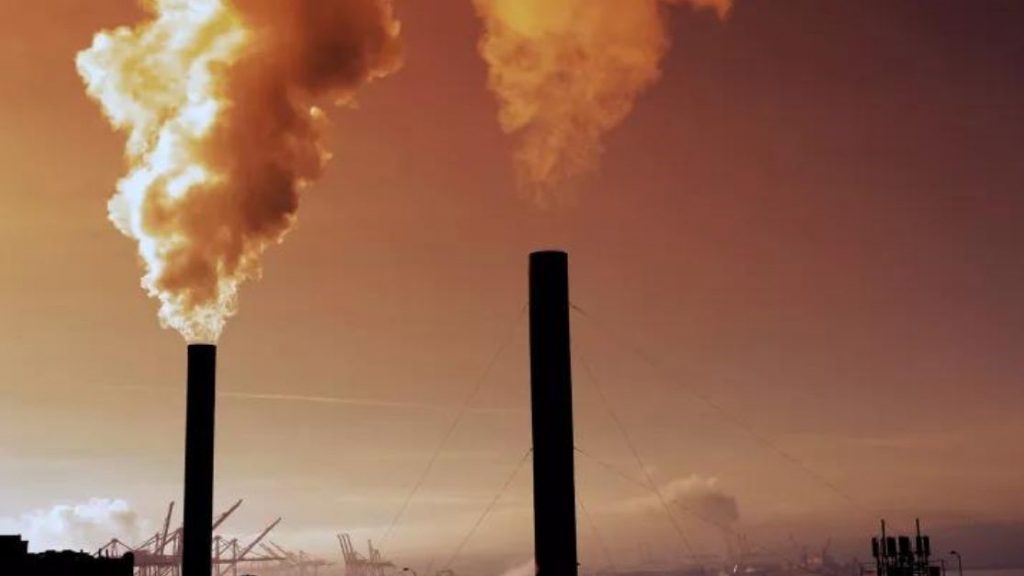The Chandigarh administration has decided to get a study conducted to check the increase in pollution levels in the city. This study, the administration claimed, is a bid to make the Union Territory (UT) carbon neutral by 2030.
A tender has also been floated by the Chandigarh Pollution Control Committee to hire an agency that would conduct the study to find the actual reason contributing to pollution in the city.
UT officials said that because air quality in the city is affected by a variety of complex sources, a detailed scientific study is required for identification of major sources, assessing their contributions to air pollution and suggest mitigation measures taking into consideration the techno-economic feasibility and other social factors.
“The study will profile ground level concentration (GLC) of air pollutants in different parts of the city, including background, residential, commercial/ mixed areas and source-specific “hot spots”,” the UT administration said.
During the study, inventory will be prepared for different air pollutants, their emission rates and pollution loads from various sources along with spatial and temporal distribution in the city.
It will also assess the impact of sources on ambient air quality under different management/ interventions/ control options and draw a road map of short term and long term measures as considered appropriate and cost effective to ensure “cleaner air in the city”.
Tags: Carbon Emission, Clean air, Pollution control



Recent Posts
Hyundai Glovis to Retrofit Seven PCTCs with Avikus AI Navigation System
Super Terminais orders three more Konecranes Gottwald ESP.10 Mobile Harbor cranes
Covestro and HGK Shipping Extend Partnership to 2040 with Focus on Wind-Assisted Vessel Retrofit
Artemis Technologies Successfully Demonstrates 100 Percent Electric Crew Transfer Vessel at Aberdeen Offshore Wind Farm
IACS Council Advances Decarbonisation, Digitalisation and Governance Priorities at C91 Meeting in Beijing
Japan Launches Major R&D Project to Advance Shipbuilding with Alternative Fuels
EU Adopts Emissions Standards for Low Carbon Hydrogen to Bolster Clean Energy Market
Trafigura to Implement ZeroNorth’s AI Platform Across Global Fleet